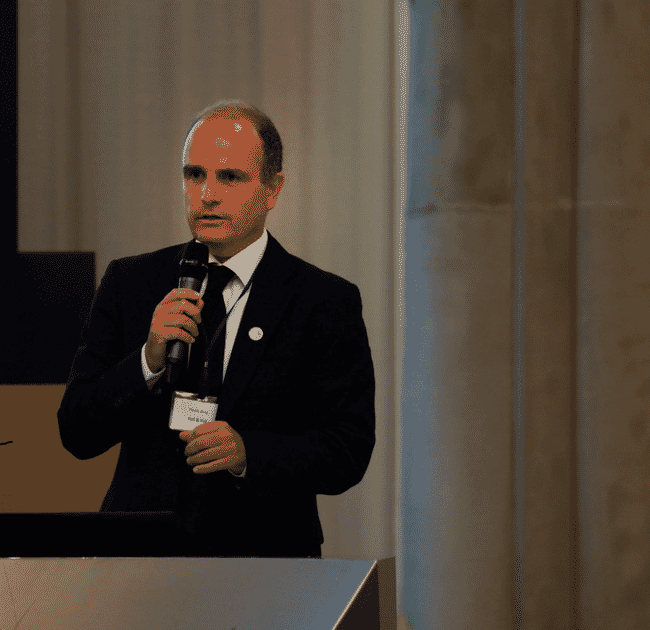
The certification will be part of the WSO’s Friend of the Sea certification programme, under a new “golden standard" to help plant-based seafood companies certify their products according to sustainable certification criteria of the WSO’s Friend of the Earth agriculture standards.
“Plant ingredients form the entirety of inputs used in the preparation of plant-based seafood,” explained Dr Paolo Bray, founder and director of the World Sustainability Organization. “Our standard, which is applicable for these products, is based on SAFA (Sustainability Assessment of Food and Agriculture systems) guidelines set by UN-FAO. Intensive agriculture practices contribute to the loss of agricultural and natural biodiversity, degrading ecosystems and causing a reduction in animal and plant species. Such activities are also resulting in increased greenhouse gas emissions, among other concerns. The Friend of the Sea Golden Standard for plant-based seafood will assure consumers that products have been made by adopting sustainable practices without harming the environment.”
The collaboration between the WSO and GFI was announced at GFI India’s Smart Protein Summit, and will strengthen the global alternative protein sector. Major food companies and investment agencies are eying this segment and investing in the category.
“The segment’s future is promising and we expect to see large scale investment commitments by the who’s who of the industry,” Bray added.
Amod Ashok Salgaonkar, a WSO international advisory board member and project leader of the plant-based seafood and meat initiative added: “Having a globally accepted sustainable certification ecolabel on products will support companies achieving true trust from consumers. It will open more roads for doing sustainable business in the global market. The plant-based seafood retail category presently stands at around US $9.4 million, whereas the plant-based meat retail category is US $939 million - signalling huge potential for growth in the near future.”
The sector has significant room for growth in Asia in particular.
“Seafood will be the fastest-growing category of animal protein over the next decade, with a significant proportion of that demand coming from Asia as incomes in the region continue to rise,” said GFI India managing director Varun Deshpande. “The growth of alternative seafood presents tremendous promise to address this demand sustainably, while simultaneously creating future-proof income for industry incumbents and farmers.”
Commissioned data from SPINS shows the highest ever growth in sales of all kinds of plant-based food have occurred during the COVID-19 pandemic, compared to the same period last year. WSO and GFI are undertaking this program because they believe adopting the International sustainable standards will further boost this growth trend.
To obtain the certification, companies must meet the following requirements:
- A well organised environmental management procedure.
- A system to protect the ecosystem, with implementation of areas dedicated to the conservation of wild flora and fauna.
- The reduction in the use of chemically synthetic substances according to the principles of organic or integrated agriculture.
- Biological control, the rational use of water resources,
- Minimisation of mechanical operations on the ground and its compaction.
- The use of energy from renewable resources.
- Control of gas emissions, greenhouse effect and the implementation of the systems to reduce them.
- Social responsibility.
The full details of the Friend of the Sea Golden Standard for plant based seafood can be found here.


